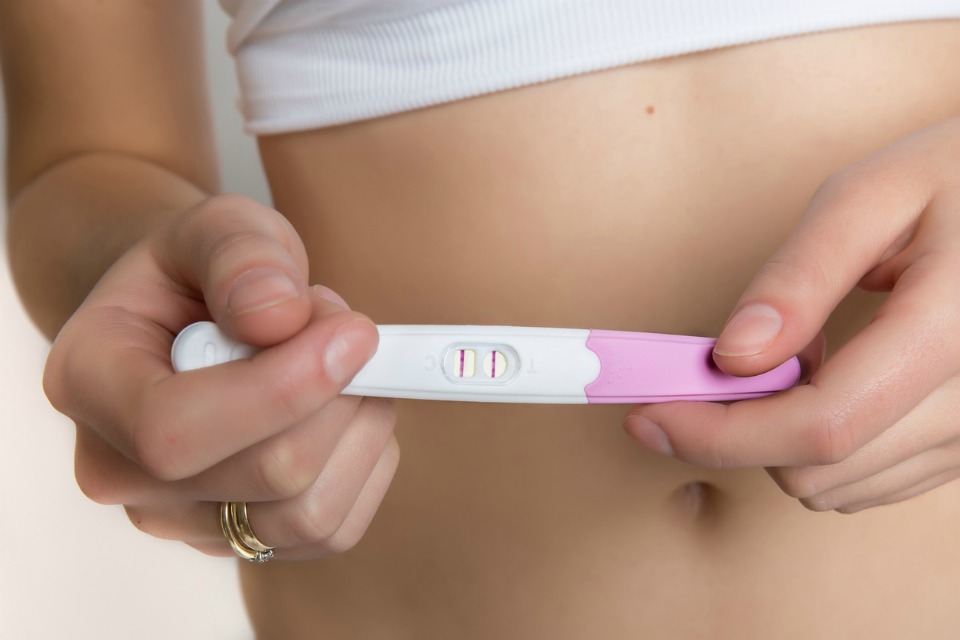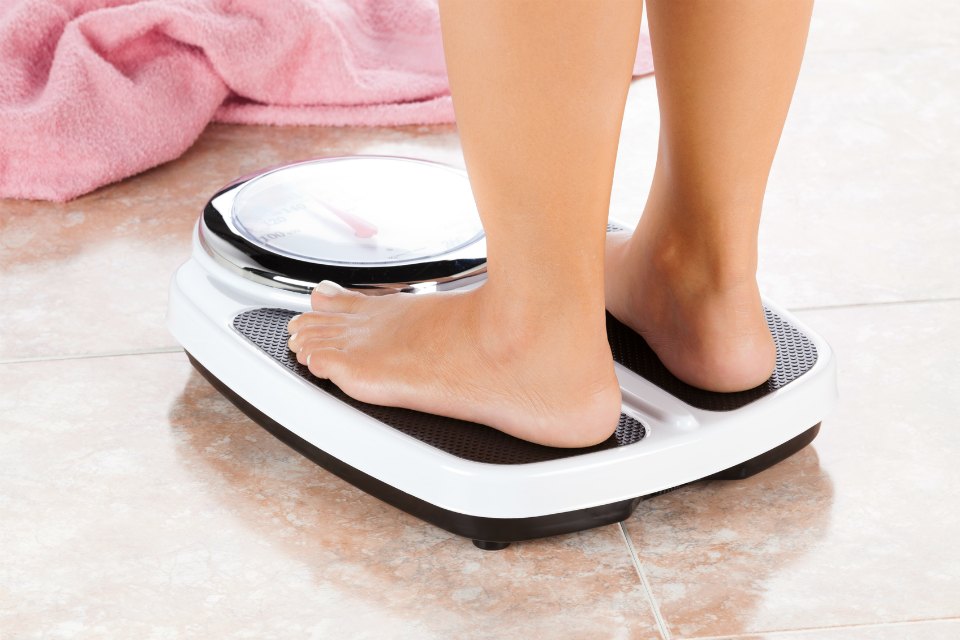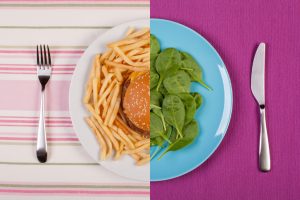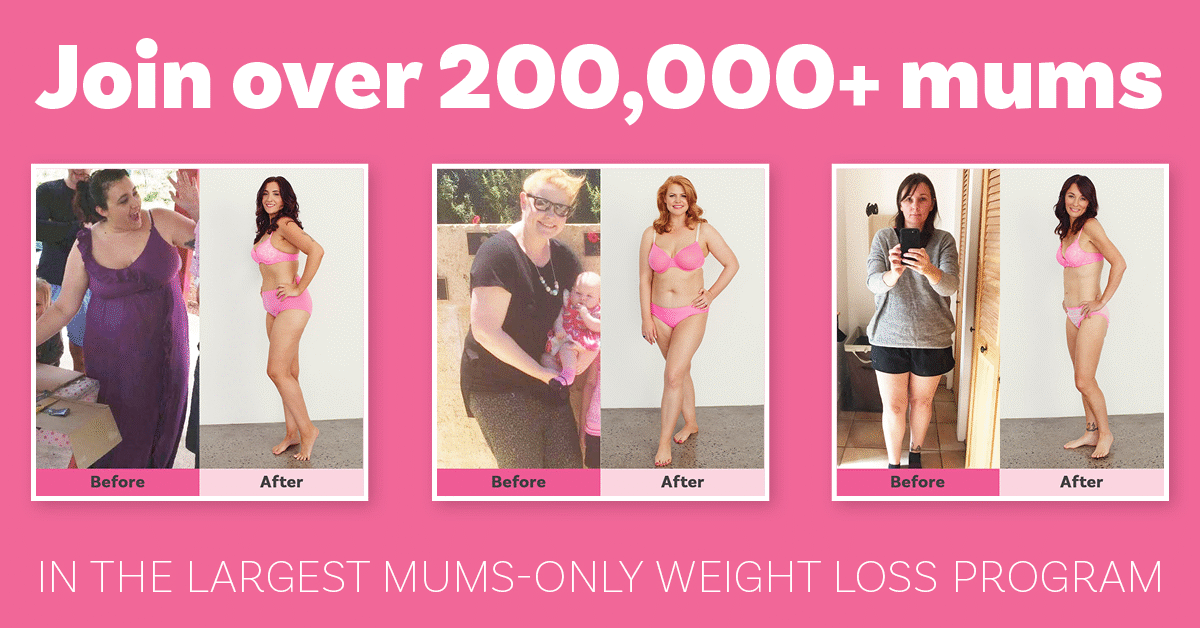Research finds a ‘fertility diet’ can really help women who are struggling to conceive
Women who struggle to conceive may not have anything wrong with their reproductive organs, or their partner’s. It could all come down to what they are putting in their body.
What many people don’t realise is that fertility and diet have a connection.
Women who struggle to conceive may not have anything wrong with their reproductive organs, or their partner’s. It could all come down to what they are putting in their body.
A couple is defined as having fertility problems if they are unsuccessful following 12 months of trying to conceive. This time frame is reduced to 6 months for women over age 35.

How to improve health and fertility and help boost your chances of conceiving
While it’s estimated 1 in 6 couples experience problems conceiving, health and fertility matters are often not widely discussed in society.
Many studies have delved into the link between fertility and diet, and one of the main culprits of infertility is weight.
Women who suffer from polycystic ovary syndrome, often called PCOS, often have imbalances in their insulin levels, higher tester one levels and can be overweight.
Excess weight can disrupt the finely-tuned hormonal balance that regulates the menstrual cycle and stimulates ovulation.
By the same token, being underweight can also affect your fertility by causing hormone imbalances and problems with ovulation.
Calculating your Body Mass Index

It may sound complicated, but Body Mass Index is simply the measure of fat in one’s body based on their weight and in relation to their height.
Your BMI is calculated by measuring your weight in kilograms and dividing it by your height in metres squared. For example, if you weigh 55kg* and your height is 1.6m, then your BMI is calculated by dividing 55 by (1.6)².
By cutting out processed foods and exercising, losing 10 to 20 per cent of their body weight, pregnant women who are struggling to conceive could be helping to improve their insulin levels and inadvertently boosting their chances of falling pregnant.

“There’s definitely data to suggest that coming back to normal weight can help those problems and promote ovulation, but there is not enough data to conclude definitively that one diet helps more than another,” Dr. Amanda Kallen, assistant professor of obstetrics, gynaecology and reproductive sciences at the Yale Fertility Center, tells CNN.
Other experts claim women trying to conceive should switch their low fat milk to full fat temporarily, due to the presence of specific hormones in milk fat. But this can be tricky if you are trying to watch one’s weight.
8 ways experts claim to boost your fertility through your diet:

- Avoid fatty foods, such as fast foods that can cause unhealthy weight gain.
- Eat more protein, such as nuts and beans.
- Drink whole milk instead of skim milk.
- Reduce your coffee intake.
- Aim for a healthy BMI weight.
- Get active, both you and your partner.
- Quit smoking. Smoking is associated with miscarriage, infertility and early menopause.
- Reduce your alcohol intake, as this can affect fertility and ovulation.
Experts claim the best way to fall pregnant is to lose weight
Martha McKittrick, a registered dietitian and PCOS expert, tells CNN: “I’ve had many women who lost weight and got pregnant.
“If a woman is overweight and trying to conceive, I try to help them lose weight. That, to me, is number one.”
It seems a healthy diet in the year prior to conceiving has been shown to improve women’s health and fertility, and it is also associated with lower rates of birth defects.
Both women and men should consume a healthy diet and exercise regularly when trying to fall pregnant,
You might also want to consider taking folate supplements and have your iodine levels checked to ensure your thyroid is functioning correctly.
The health impact pregnancy can have on you and your body is significant. So, you need to make sure you go into it in as fit and healthy as possible.
One way to improve your health when trying to get pregnant is with The Healthy Mummy’s range of supplements, smoothies and snacks. These will help you build up a balanced nutritional profile that is ideal for fertility. And they taste delicious.
Lose weight and boost your fertility with The Healthy Mummy

For some lucky women, falling pregnant is relatively effortless.
However, for others, it can be a complicated process with many hurdles along the way including multiple failed attempts and medical procedures such as IVF.
We understand the emotional rollercoaster ride many women and their partners face when trying to conceive.
Even modest weight loss has been shown to significantly improve fertility rates. If you need help getting to your optimal weight for pregnancy, why not join our 28 Day Weight Loss Challenge here?
With simple and effective exercise and eating plans, it will give you the best chance of getting pregnant fast (and it’s both simple and fun).









